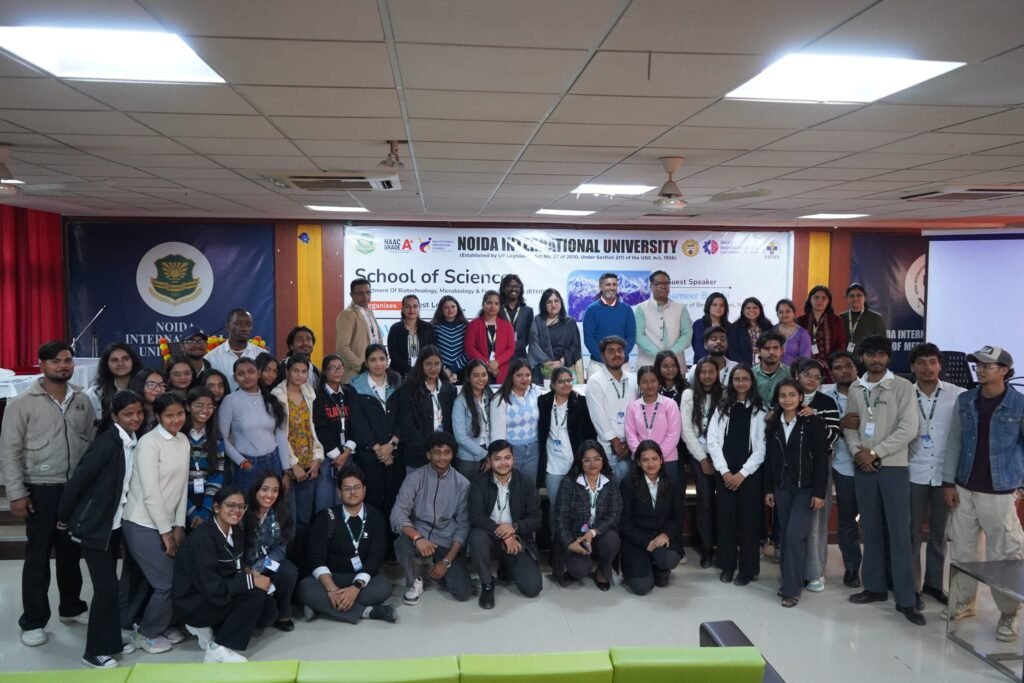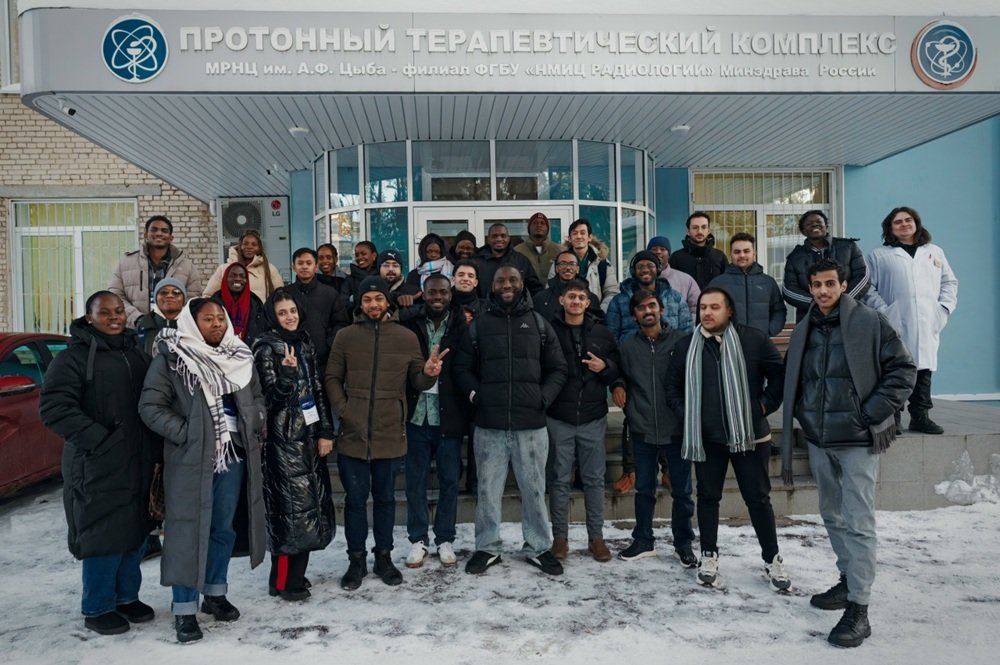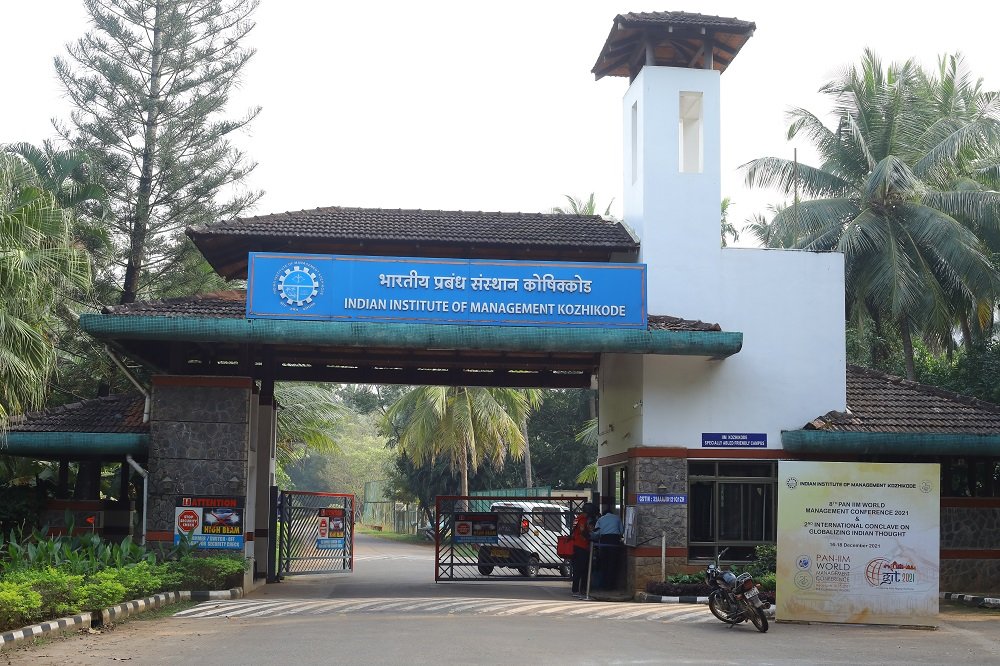- Sneha Baskaran of Chennai, India has become New Zealand’s first international student to win a prestigious competition at the annual rally of the New Zealand Association of Women in Aviation this year.
Sneha with the Morane Saulnier Rallye Trophy she won at the annual rally of the New Zealand Association of Women in Aviation.
The Morane Saulnier Rallye Trophy competition is a challenging feat that tests pilots’ skills in a simulated forced landing (with a powered-down engine) from 2500 feet, with aircraft wheels needing to precisely touch a designated grid on the runway.
Sneha was the only participant who achieved the feat.
The forced landing requires precision, skill and staying calm under pressure and highlights practical skills required in aviation by challenging participants to perform under simulated emergency conditions.
Sneha was absolutely “thrilled and exhilarated” to win the trophy.
“I am grateful to have been included in the competition, they didn’t just see me as an international student.
“It feels special to win a competition going back to 1963, and to see my name engraved on the trophy alongside all the winners from New Zealand,” she says.
A trainee pilot who has been enrolled at the New Zealand Airline Academy in Oamaru since January last year, Sneha received a commercial pilot licence in New Zealand in August after completing her final test.
Sneha receives two stripe epaulettes after completing the commercial pilot flight test from Julie Vaughan (A-cat) flight test examiner.
She is now looking forward to returning to India, where she will convert her New Zealand commercial pilot licence to an Indian one, and work for an airline in the country.
Dream to fly
Born and raised in Tamil Nadu, India, flying fascinated Sneha since childhood. She also enjoyed studying science and pursued her interest by graduating in genetic engineering at university. A chance interaction with a commercial pilot around the time kindled her interest in becoming a commercial pilot, and so she decided to follow the dream after graduation.
“As a woman, achieving my dream of becoming a pilot feels good. Women manage mental and emotional stress really well, an ability that is valuable for pilots,” she says.
According to New Zealand Airline Academy Chief Executive Officer and Director, Jonathan Manuel, at least 33 percent of its trainee pilots are women.
“This is primarily because of the care we provide at the academy, having a dedicated girl’s wing as part of our hostel offering.”
The global percentage of female pilots is less than 6 percent, with India having the highest percentage of women pilots at 14 percent.
New Zealand aviation training best in the world
Manuel says aviation training in New Zealand is also uniquely beneficial because of the country’s open airspace policy, making it a standout destination to train for a commercial pilot licence.
“Students are also exposed to New Zealand’s varied terrain and weather patterns, which helps them become confident pilots. The scenic beauty of New Zealand that students get to experience from the skies is the icing on the cake,” he says.
Sneha agrees that aviation training in New Zealand was the best option that she could choose for herself.
“Flight training standards here are very high. New Zealand pilots are highly valued and globally recognised. You need to be very skilled to receive a commercial pilot licence in New Zealand,” Sneha says.
Sneha says that when trainee pilots are tested on flight manoeuvres in New Zealand, failing to successfully complete a single manoeuvre means you need to successfully repeat all manoeuvres in the next test. Other countries may only need trainee pilots to repeat the one manoeuvre that they have failed.
New Zealand also offers a range of flying conditions that are good practice for trainee pilots.
“It’s good experience learning to fly in turbulent conditions alongside good weather, it makes for skilled pilots.”
Aviation training’s contribution to regional economy
All students at the NZAA, where Sneha studied, are international students from countries such as India, Vietnam, Sri Lanka, Bhutan, Malaysia, Singapore, Papua New Guinea and Indonesia.
Manuel says each year, the academy trains over 120 students, who then head back to their home country to work for commercial airlines.
Enjoying the relaxed New Zealand lifestyle outside the classroom
Making time to relax is key for a trainee pilot as flying schedules vary greatly with flying practice sessions on early mornings on one day and nightime on another. During her time off, Sneha loves being in nature and enjoying the beautiful New Zealand outdoors in Oamaru as well as rest of the country’s South Island.
“Nature lovers would enjoy it here. I love that you can spot penguins and seals so easily! I also enjoy horse riding. When I need the city vibe, I just travel to Dunedin.
“I love the relaxed Kiwi lifestyle and culture, people are friendly and respect everyone. Students choosing New Zealand will enjoy the country and benefit from their time here,” Sneha says.
She has thoroughly enjoyed her first New Zealand summer, particularly visiting farms for pick-your-own berries.
“I absolutely love real fruit icecream made from fresh summer berries, can never have enough of it!”
Advice for prospective international students
For prospective students considering study in New Zealand or applying for a student visa, Sneha has a few tips to offer.
“The student visa application process in New Zealand takes a practical approach. Students need to view it as such. Sticking to the facts and being open about your precise situation will go a long way.”



